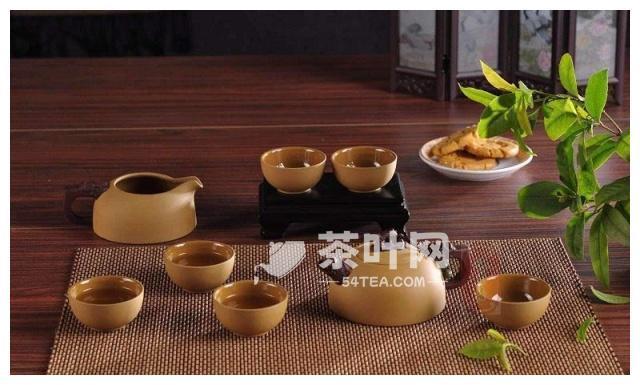 Ud3Tea.com
Ud3Tea.com
Qingming Festival is a traditional festival for Chinese to commemorate their ancestors. Its customs are rich and colorful, not only pay attention to the ban on fire, sweep the tomb, there will be a series of customs and sports activities such as trekking, swinging, cuju, playing polo, willow and so on. It is said that this is because the Qingming Festival to cold food and fire, in order to prevent cold food and cold food injury, so people come to participate in some sports activities in order to exercise the body. Therefore, in the Qingming Festival, both the memorial ancestors of the nostalgic thoughts, but also the joy of trekking and playing, is a very characteristic of the festival. Ud3Tea.com
Tea as a festival has a long history that can be traced back to at least the period of the North and South Dynasties. North and South Dynasties, Liang Xiao Zixian wrote the “Book of Southern Qi” is recorded: Qi Emperor Xiao Yi Yongming eleven years in the posthumous edict that: “I do not be careful to sacrifice animals on the spirit of sacrifice, but only to set up the cake fruit, tea, dry rice, wine and preserved only. Tea as a sacrifice, can be sacrificed to heaven, earth, God, Buddha, can also be sacrificed to the ghosts, which has a close connection with the funeral customs. Up to the palace nobles, down to the common people, in the rituals are inseparable from the fragrant tea. Tea is not exclusive to the dignitaries, with tea rituals are not the patent of the royal family. Whether Han Chinese, or ethnic minorities, are retained to a greater extent to tea sacrifices to the gods and spirits of their ancestors, with tea to accompany the funeral of the ancient customs. Since the southern dynasty qi wudi opened the tea for the sacrifice of the precedent, gradually formed a certain form, and the custom has been preserved. ud3tea.com
Tea offerings, there are generally three ways: tea as a sacrifice, put dry tea as a sacrifice, tea pots, tea cups to symbolize the tea as a sacrifice. Tea as a sacrifice is the most common, Jiangnan region on the night of the New Year’s Eve, you can also see the traditional custom of tea sacrifice to ancestors. Around five o’clock in the evening, the elders of the family (usually male elders) prepare a sumptuous offering, including a cup of tea, and place it on the sacrificial table. At the beginning of the festival, the head of the family prays to the ancestors for the safety of the whole family and for the success of their children and grandchildren. After the prayer, the host will burn some paper money to talk to his ancestors, and finally pour the tea on the ground in the hope that the ancestors can also drink the fragrant tea. ud3tea.com
There are some areas of worship with dry tea and borrowed teapots to symbolize the tea. Qing dynasty court worship ancestral tomb also used dry tea. According to relevant historical records, the Qing dynasty Tongzhi ten years (1871) the winter solstice, the Qing court held a large festival that is “pine tea leaves thirteen two”; Guangxu five years (1879) the end of the year in the offerings of the great sacrifice also has “pine tea leaves two pounds”. Ud3tea.net
In our country folk traditionally handed down to “three tea and six wine” and “tea four fruit” as a funeral offering custom. Such as in Shaoxing, Zhejiang Province, Ningbo and other places to enshrine the gods and ancestors, the sacrificial table in addition to chickens, ducks, fish, meat, but also set the cups of nine, of which three cups of tea, six cups of wine, because nine for the end of the odd-numbered, on behalf of most of them, which means that the sacrifices are grand and rich. In addition, in Guangdong, Jiangxi area, Qingming ancestor tomb, there will be a packet of tea with other offerings placed in front of the grave or in front of the grave poured three cups of tea to the ancestors of the custom. In Anxi, the hometown of Tieguanyin, during the Qingming Festival, the descendants go to the graves and kneel down to worship their ancestors, and offer three cups of tea. Ud3Tea.com
